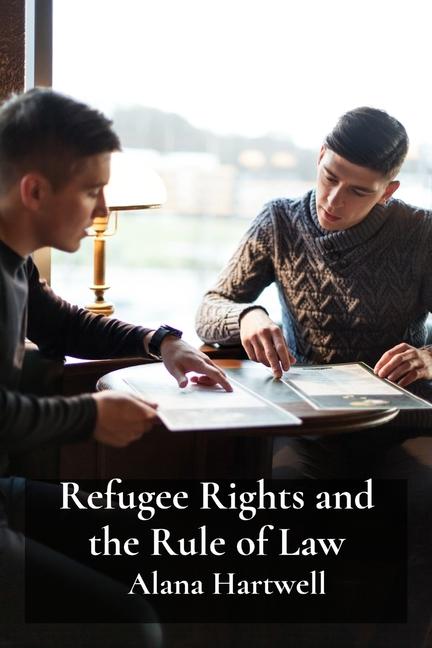Description
In an era defined by unprecedented global displacement, the quest for sanctuary has become one of the most pressing humanitarian and legal challenges of our time. *"Refugee Rights and the Rule of Law: A Comparative Study of Asylum Procedures in Different Jurisdictions"* delves deep into the intricate tapestry of international refugee law and national asylum practices, offering a comprehensive and critical analysis of how different states grapple with the responsibility of protecting those fleeing persecution and conflict. This book isn't just a collection of legal doctrines; it's a vital exploration of the human stories behind the headlines, a journey through the often-turbulent pathways asylum seekers navigate in their search for safety.
The journey begins with a foundational understanding of the very definition of a *refugee* under international law, meticulously unpacking the key legal instruments that form the bedrock of refugee protection. The 1951 Refugee Convention and its 1967 Protocol are thoroughly examined, with a particular focus on the cardinal principle of *non-refoulement* - the absolute prohibition against returning a refugee to a country where they face persecution. This initial exploration sets the stage for a comparative examination of how these principles are translated - or sometimes, tragically, distorted - in practice across the globe.
Europe, often seen as a beacon of human rights, finds its asylum procedures placed under a rigorous lens. The infamous **Dublin Regulation**, with its complex system for determining responsibility for asylum claims, is dissected, revealing its strengths, weaknesses, and, most importantly, its *impact* on the lives of those seeking refuge. The book then ventures into the diverse landscape of national asylum procedures within Europe, uncovering the significant variations in legal standards, processing times, reception conditions, and the overall treatment of asylum seekers. It does not shy away from exposing the persistent challenges and the ongoing reform efforts aimed at creating a more humane and effective European asylum system.
Turning its attention to the Southern Hemisphere, the book offers a compelling analysis of Australia's controversial asylum policies. The infamous *offshore processing* regime, implemented in remote island locations, is examined with unflinching honesty, highlighting the profound human rights concerns associated with indefinite detention, inadequate medical care, and the denial of basic legal protections.
The African continent, often overlooked in discussions of global refugee flows, takes center stage as the book delves into the regional frameworks and national practices that shape asylum procedures across this diverse and challenging landscape. The OAU Convention, a key regional instrument for refugee protection, is examined in the context of the myriad conflicts, displacements, and governance challenges that characterize the African experience.
The heart of this study lies in its **comparative analysis** of asylum systems across these diverse jurisdictions. By drawing upon the preceding chapters, the book synthesizes key insights into the strengths and weaknesses of different approaches, identifying *best practices* that can be adopted and replicated to improve refugee protection worldwide. This rigorous evaluation exposes the systemic failings and the inherent biases that can undermine the fairness and effectiveness of asylum procedures, paving the way for meaningful reform.
Don't just read about change, incite it! Secure your enlightenment - Acquire insights now!
Product Details
- Mar 20, 2025 Pub Date:
- 9798349225826 ISBN-10:
- 9798349225826 ISBN-13:
- English Language




